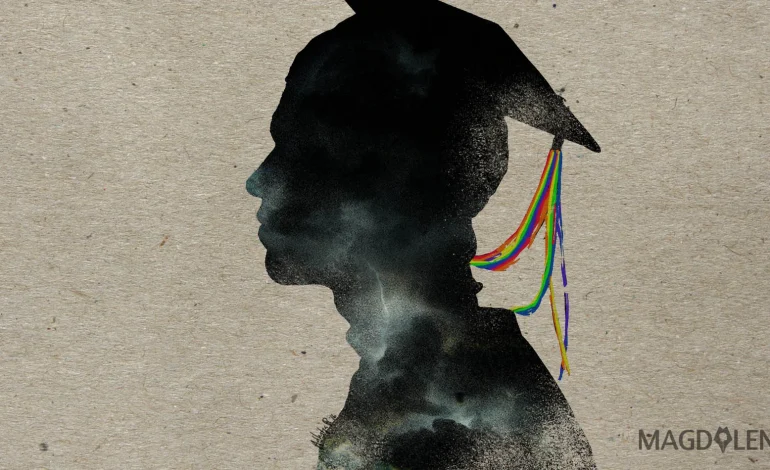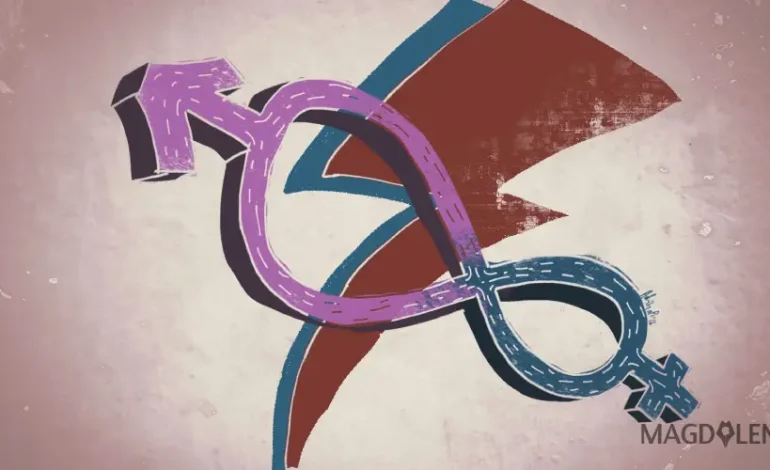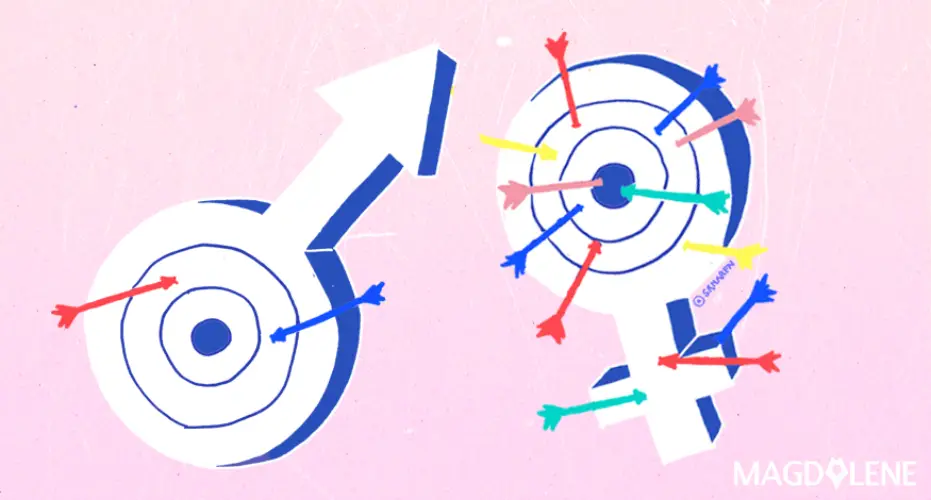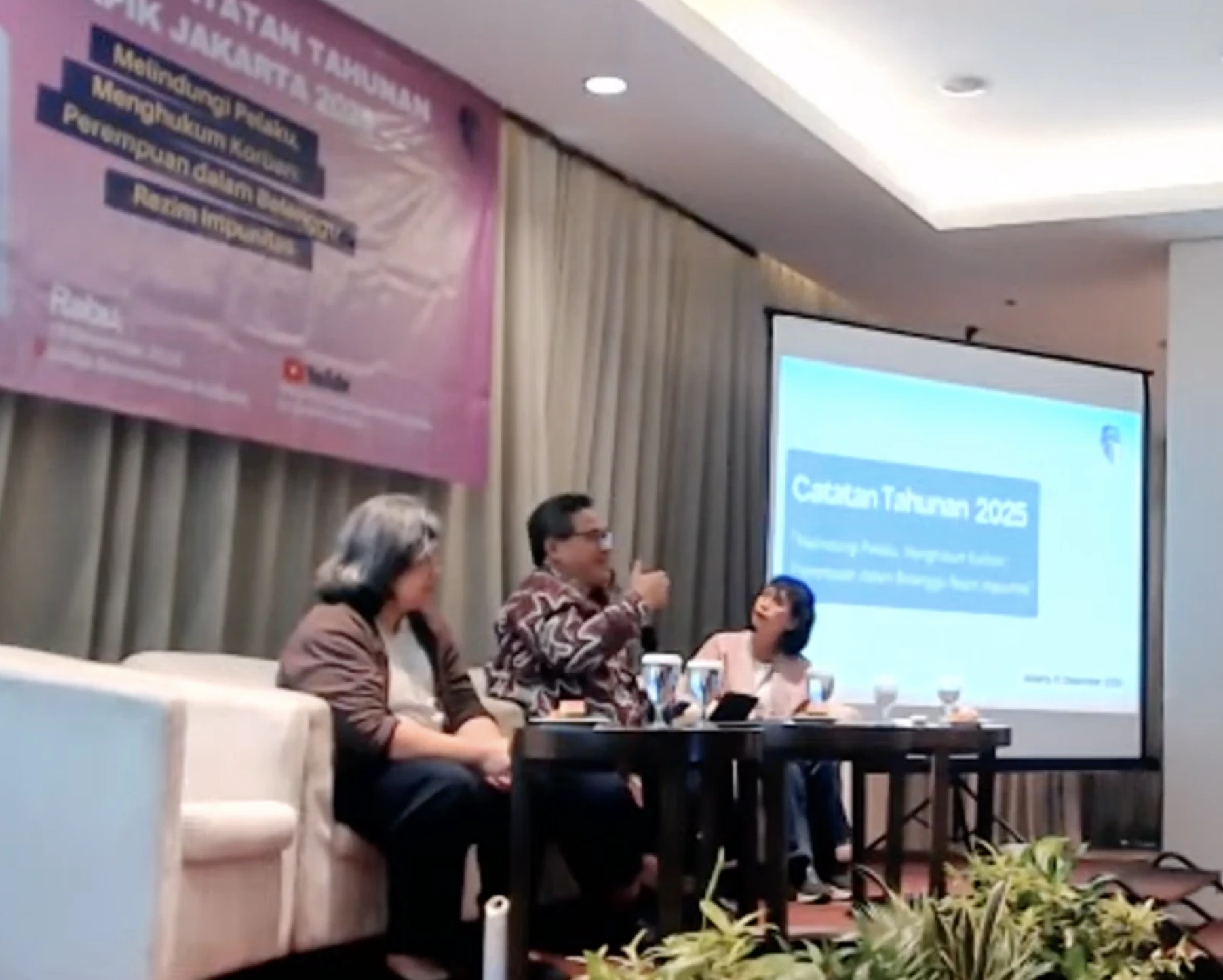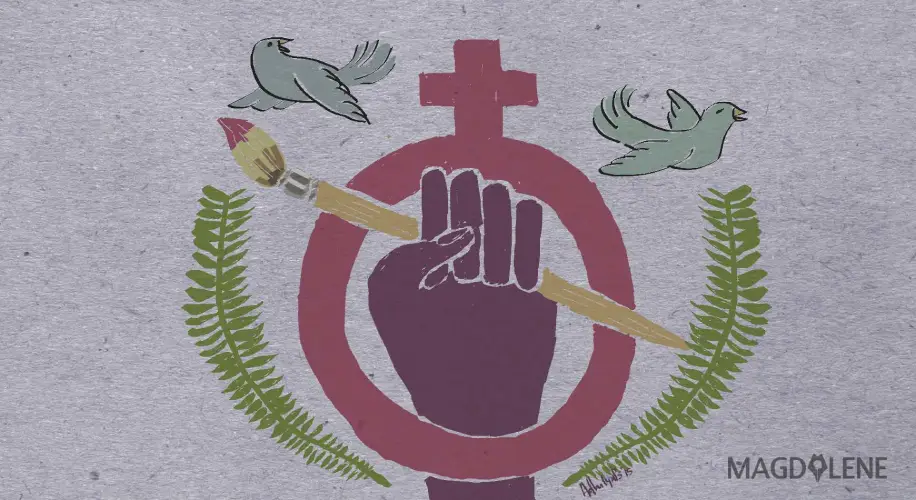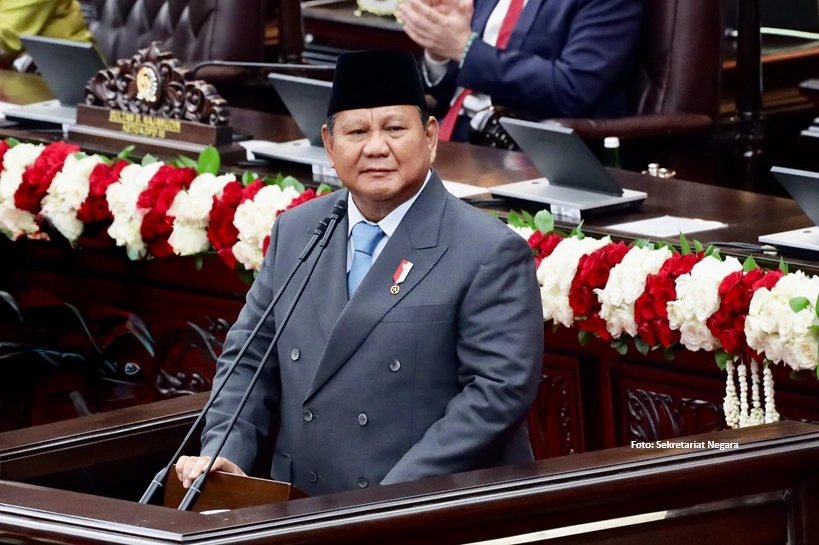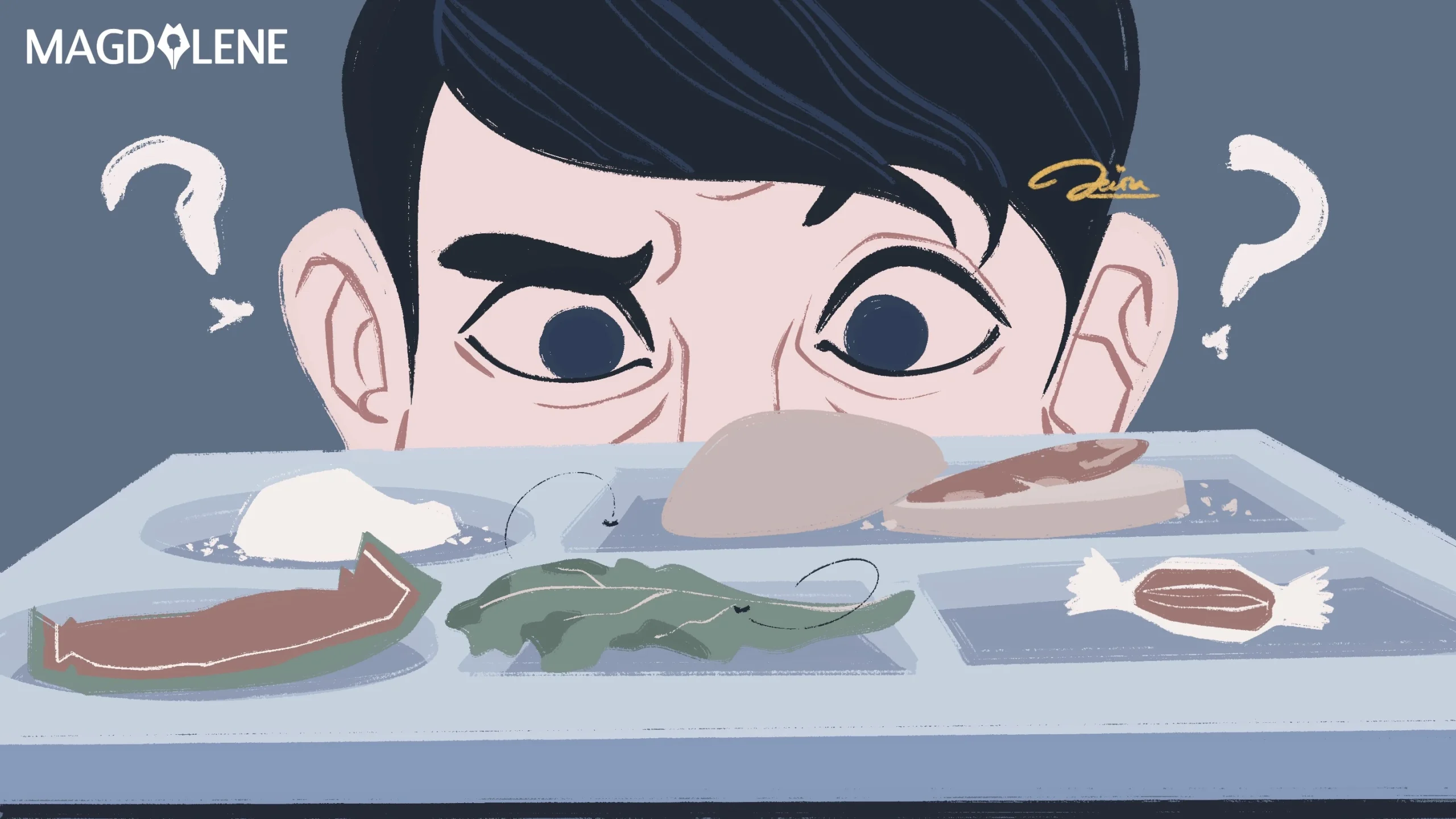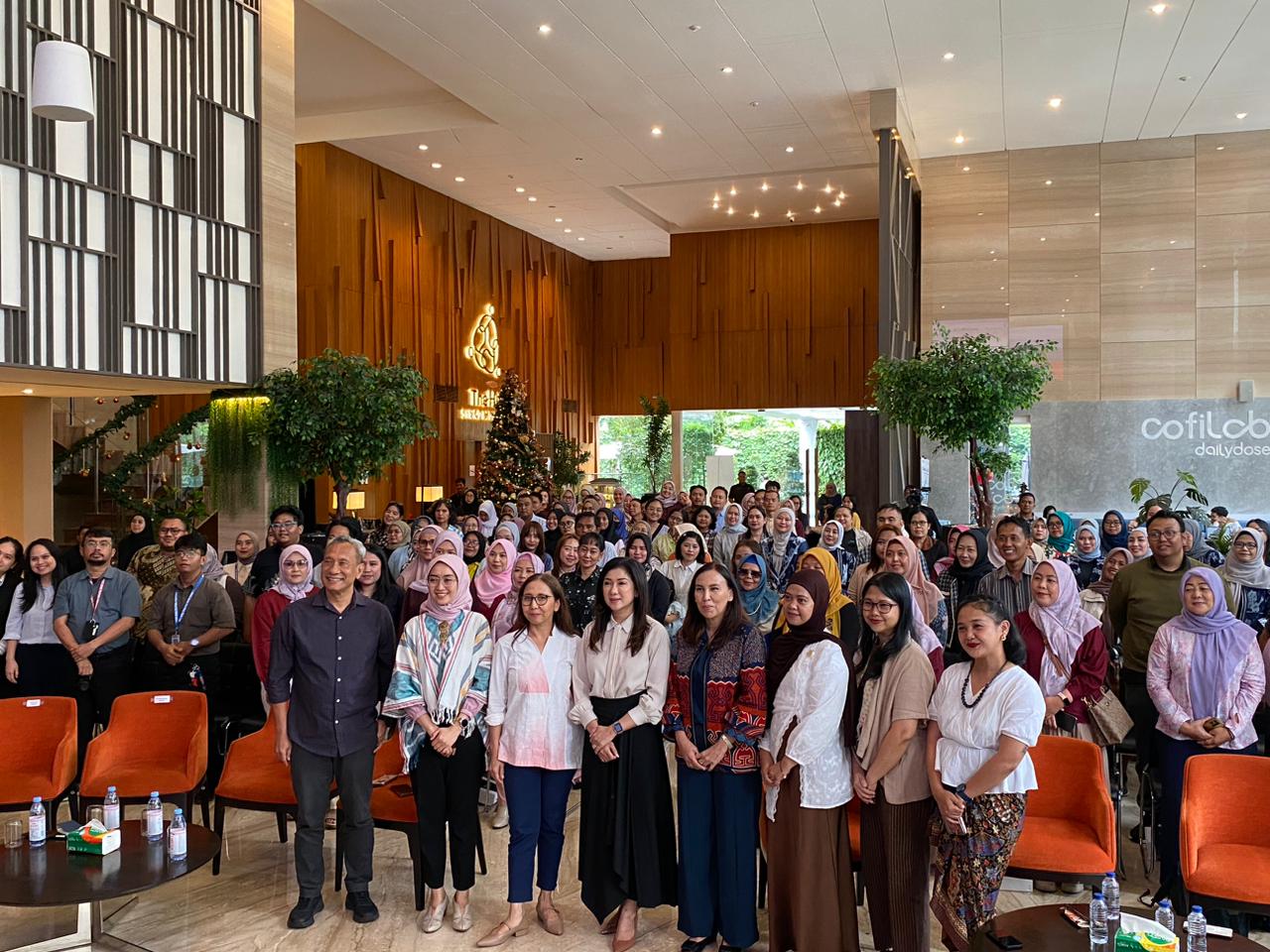The Female Leadership: A Dream Comes True in Taiwan
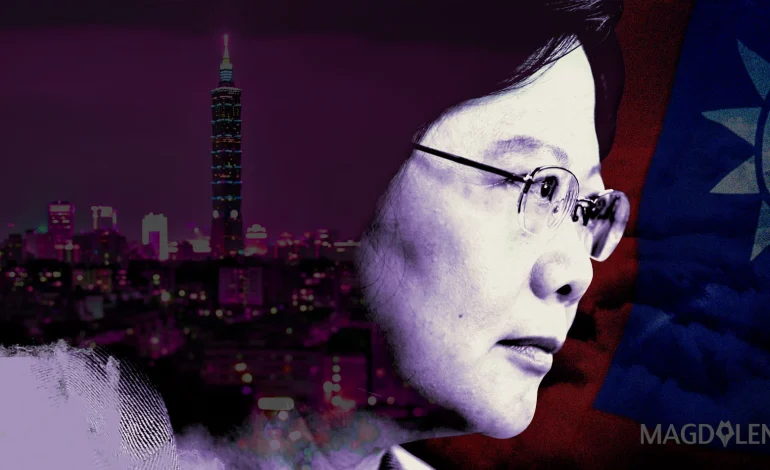
Saturday evening, 17 January 2016. I was down with stomach flu, but rejoiced at the expected news: Tsai Ing-wen has decisively won the Taiwanese presidential election. As you have heard, she’s not only Taiwan’s first female president – she’s Asia’s first female leader who has no family connection with a former male leader.
In Australia 14 years ago, people marvelled that Indonesia could have had a female leader before Australia did. First, the big northern neighbor was still recovering from political turmoil, religious conflicts, economic downfall, and terrorism. Everyone also pointed out that Indonesia has the largest Muslim population in the world, which supposedly means a very patriarchal nation.
But the fact remains that Asia’s female leaders inherit the popularity (and often the political party) of their late fathers and husbands. Many of them remind the people that their fathers founded the modern nation, and the words and images of these founding fathers are integral parts of their voting campaign and rule.
Taiwan itself was ruled by a single party and fatherly figure. By the turn of the 20th century Japan took the neglected island from China and developed it somewhat better than its other colony, Korea. The Second World War gave way to the Chinese Civil War, which ended after the ruling Kuomintang party escaped to Taiwan.
Chiang Kai-shek, who led China in the Second World War, ruled Taiwan brutally even during the civil war, as the Taiwanese preferred Japanese culture and Kuomintang disliked political competition. But his Republic of China had been confined to that island, while the ancient cities of China were controlled by the communist People’s Republic of China.
During the 1950s and 1960s Western governments acknowledged the sovereignty of Republic of China, but by 1970s the favors turned to People’s Republic of China in Beijing. By the end of the decade, it was Taiwan that became the pariah of international relations instead of China, to the point that it was referred as “Chinese Taipei” in international sporting events.
The good news for the island was the boom of personal computers and semiconductors in the 1980s. Taiwanese computer engineers either stayed in the Silicon Valley or went home to establish brands like Acer and Asus. Toys, personal computers, and apparels in Indonesia were labelled “Made in Taiwan” or “Made in ROC” (Republic of China).
Democratization came in 1986 and the Kuomintang dictatorship ended in 1991. By the 21st century, the conservative Kuomintang stood for better ties with China, while the Democratic Progressive Party (DPP) – Tsai’s party – stood for progressive and liberal ideas, including the Taiwanese identity.
The Taiwanese identity is not complex, but is certainly a political minefield. The Chinese government and people believe that all former territories of the Empire of China have to be China’s, including Hong Kong and Taiwan. People in these two islands, however, believe that while they are ethnically Chinese and write in Chinese characters, they are not necessarily Chinese. Like a person with English surname and English heritage can be proudly Canadian, American, or Australian, a Chinese person can be proudly Taiwanese, Hong Konger, or Singaporean.
There are similarities between these Chinese-speaking places, as well as Japan and South Korea: their societies put heavy emphasis on Science, Technology, Engineering, and Mathematics (STEM). The capital cities stand for high-speed modernity, yet personal happiness and fulfilment are elusive. And they are highly sexist societies, with women kept out of the board despite their qualifications, and regular visitations to the red light districts being part of political and business deals.

Tsai Ing-wen studied law in the best schools in Taiwan, United States, and United Kingdom, taught at universities in Taipei, and designed the blueprint of relations between Taiwan and Hong Kong and Macau. She entered politics and led the DPP just in eight years time. She lost the 2012 presidential election but retried her presidential ambition in 2015 – the lack of willing rivals helped.
At one time it looked like Taiwan would have a female president no matter who won, as her Kuomintang rival was also a woman. But Hung Hsiu-chu was too unpopular, so she was replaced by Eric Chu, the only volunteer. Both Tsai and Hung are single and have no child.
Tsai Ing-wen isn’t openly feminist like the Prime Minister of Canada Justin Trudeau does, but she loves her cats like a stereotypical American feminist does, and she supports same-sex marriage, a risky stance even for Western politicians.
Political pundits say Taiwan is in for a challenging year. Its economy has been sailing through a rough storm and China has started intimidating. Sooner or later domestic politic will begin to tangle, and the native Taiwanese people (who share genetics with Southeast Asians) generally still like the Kuomintang better than the ruling party (although Tsai is quarter aboriginal).
For now, Tsai Ing-wen has proven two impossible things: first, a woman can lead in Asia in her own merit. Second, democracy can work in a Chinese-majority society, despite the argument against the premise spoken by the leaders of Singapore, China, and Hong Kong.
Taiwan does not officially have diplomatic relations with most countries in the world, and it is for this reason Tsai did not receive many congratulatory messages from other leaders. Fine enough for her, as what’s important is keeping the economy floating and ensuring a fairer society.
As a person with Chinese background, I am proud that Tsai and her voters prove that progressive politics have a place in a Chinese-speaking society. I hope she can kickstart a new trend and establish a new norm for politics in Asia.
Read Mario’s take on Star Wars and Hollywood’s heroines and follow @mariorustan on Twitter.

